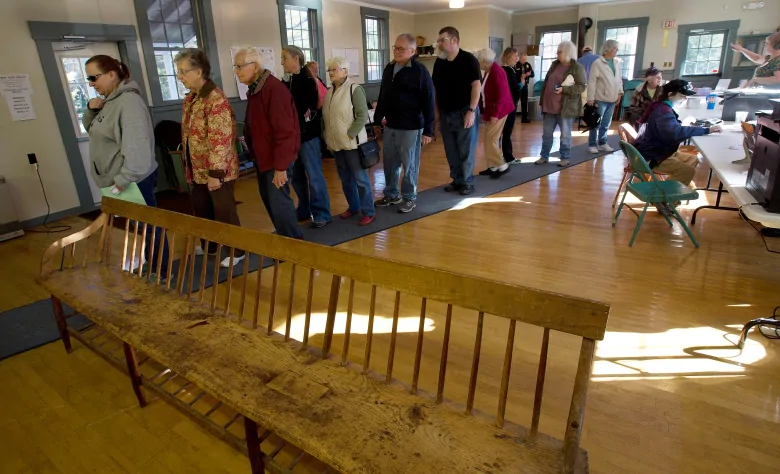It may not be the leading worry for most Americans right now, but amid the anxiety over coronavirus, another kind of concern is quietly growing in this country: how to deal with the coming presidential election.

It may not be the leading worry for most Americans right now, but amid the anxiety over coronavirus, another kind of concern is quietly growing in the United States: how to deal with the coming presidential election.
First among all questions is the big one: Is it possible that the Nov. 3 election itself could be cancelled and that Donald Trump would extend his own presidency in the name of a national emergency?
“The answer is no,” said Marc Elias, a Democratic election lawyer and voting rights advocate.
“Federal law sets the date of the general election … and absent an act of Congress, the date won’t change. A state can’t change it. Donald Trump can’t change it.”
But Elias underlines that there are myriad challenges nonetheless.
In the age of COVID-19, the disease caused by the novel coronavirus, he says, consider the otherwise straightforward act of casting a ballot.
After all, who would want to stand in line on Election Day with so many other voters — any one of which could be carrying the virus? Countless may choose to stay home for their own safety and not vote at all.
How to isolate at polling stations?
Then there are the actual polling stations. Typically, they’re staffed by volunteers who themselves tend to be civic-minded retirees. But with warnings for everyone, especially seniors, to avoid crowds, who will volunteer?
“Would you do that right now?” said Elias. “With COVID, would you be the person who is, you know, two feet away, checking people’s I.D., swapping driver’s licenses back and forth or handing people ballots?”

One effect of that could be fewer polling stations everywhere, with resulting reduced access for voters. Especially in states where margins are historically tight, the potential looms for legal challenges on behalf of those who wanted to vote but were prevented from doing so.
Among the suggested answers is to more broadly utilize the U.S. Postal Service.
“We’re going to see more and more people insist on voting by mail,” said Elias.
But even that has its complications.
To all of a sudden conduct a nationwide vote by mail risks overwhelming the U.S. Postal Service, Elias says.
And while some states already allow voting by mail, the rules vary from place to place.
For example, some states allow it only for vot

